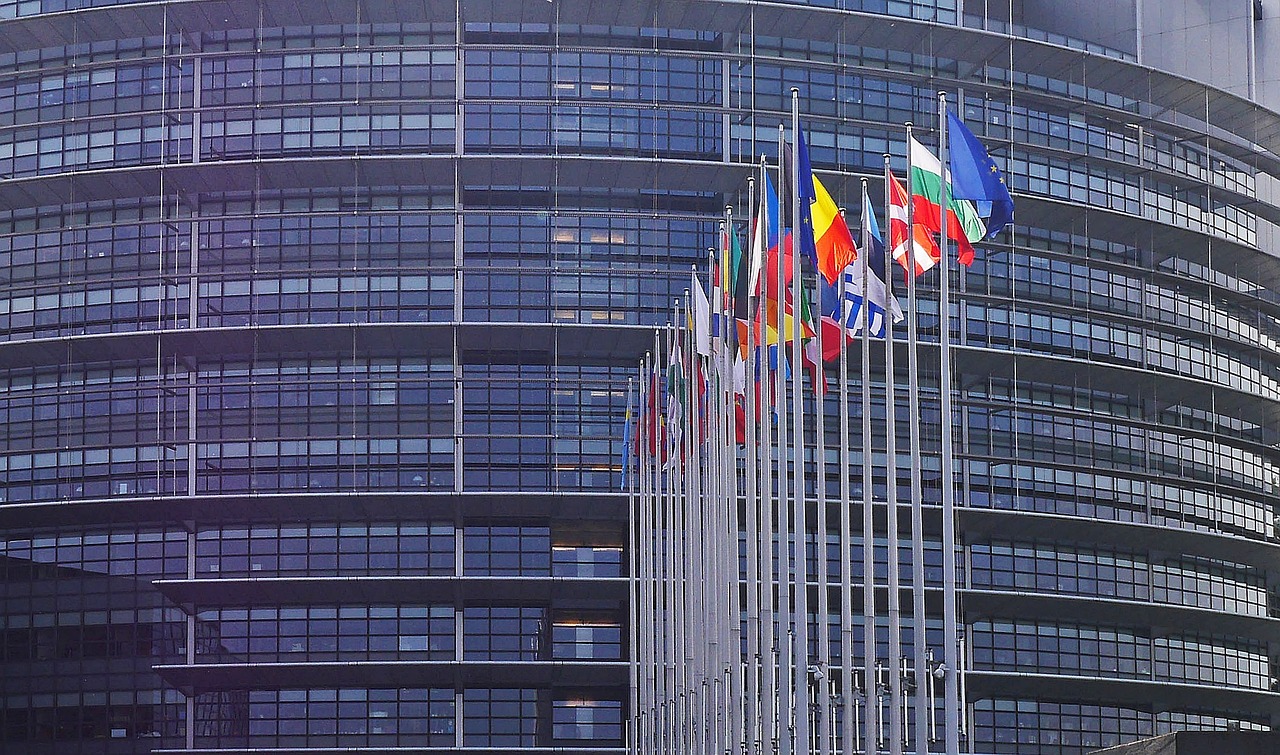NEW PARADIGM
Re-live - New Economy Short Cut: A New Economic Paradigm for Conservatives?
All over Europe, moderate conservative parties are in crisis. Do they need a new economic model? In our New Economy Short Cut, political scientist Thomas Biebricher discussed theses from his book 'Centre/Right' with publicist and CDU member Liane Bednarz.
BY
SONJA HENNENPUBLISHED
25. AUGUST 2023READING TIME
2 MIN
Conservatism is actually a political worldview that seeks to preserve and secure, to moderate and protect. In the post-war period, conservative politicians such as Konrad Adenauer and Charles de Gaulle expanded the welfare state. For a long time, conservative parties proved to be an anchor of stability. Today, it is no longer certain that the centre-right will hold.
Classically conservative parties in Europe and the US are in decline, writes political scientist Thomas Biebricher in his book “Centre/Right: The International Crisis of Conservatism“. One reason for this, he says, is that since the 1980s many parties have adopted a strongly liberal economic stance, which is often at odds with conservative values. If Biebricher is to be believed, this is one of the main reasons for their current predicament. After all, the Great Financial Crisis of 2008 made it clear that market radicalism tends to be divisive – and that deregulated, globalised capitalism leads to social upheavals that are difficult to reconcile with the preservationist impulse of conservative politics.
The consequences of that decision: In France and Italy, moderate conservative parties have all but disappeared – and there, as in Germany, far-right and populist forces have strengthened.
What is missing is a new guiding principle, an economic model beyond market radicalism. This is another reason why, in conservative discourse, economic and financial policy issues are increasingly giving way to cultural battles on the right. In “Centre/Right”, Biebricher warns of this trap – fatal not only for conservatives themselves, but also for liberal democracy.
But what might a new economic model look like for conservatives as an alternative to economic liberalism? And is a redefinition possible before populist forces gain even more momentum? We discussed all this with Thomas Biebricher and Liane Bednarz on 30 August.
